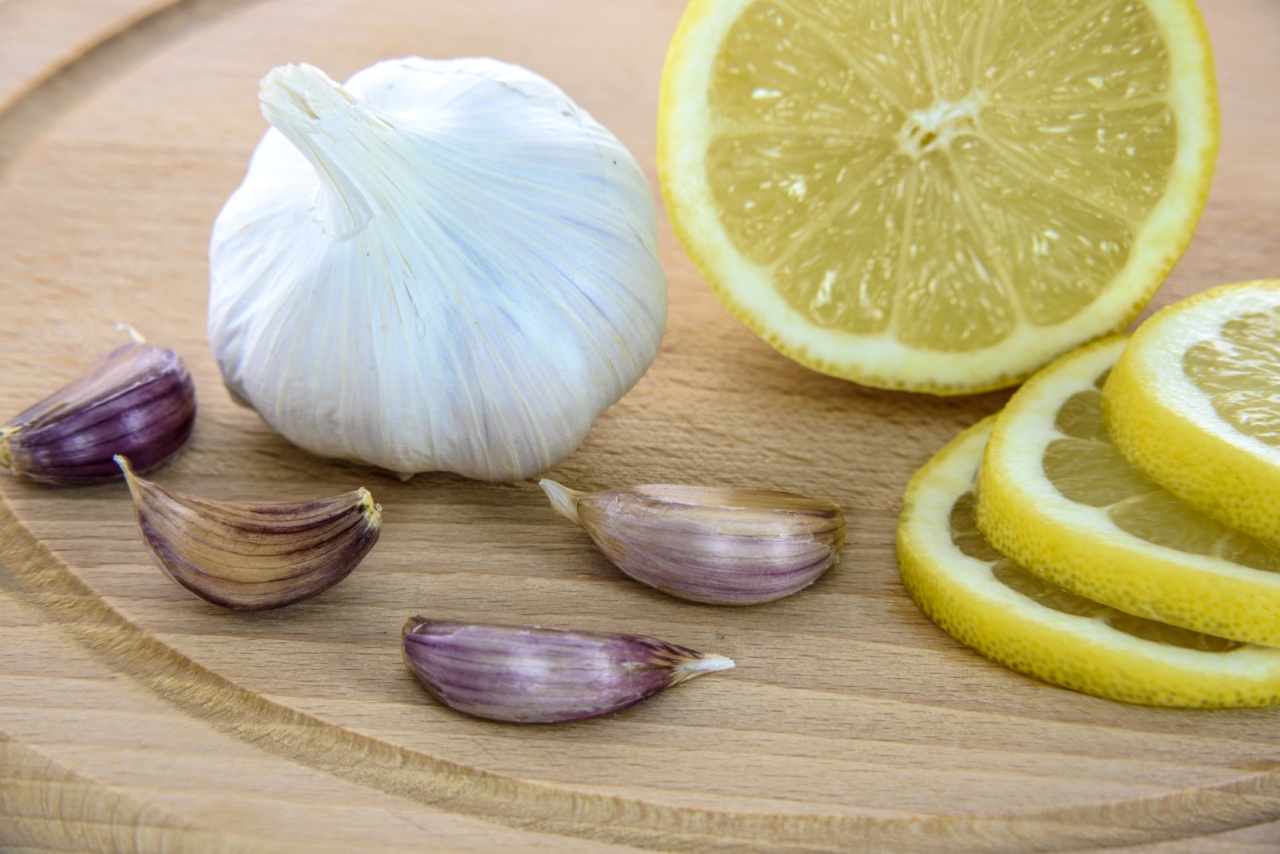Endometriosis, a common gynecological condition affecting millions of women worldwide, can be a challenging and often painful reality.
Characterized by the growth of endometrial-like tissue outside the uterus, it can lead to a range of distressing symptoms such as pelvic pain, heavy menstrual bleeding, and fertility issues. While conventional treatments are aimed at managing symptoms, many women are increasingly turning to nutrition as a powerful tool to support their gynecological health and alleviate the impact of endometriosis.
In this article, we explore how nutrition can play a vital role in healing endometriosis, improving gynecological health, and promoting overall well-being.
The Connection between Nutrition and Endometriosis
The food we consume has a direct impact on our hormonal balance, inflammation levels, and immune system function.
Endometriosis is primarily an estrogen-dependent condition, meaning that a consistently high level of estrogen contributes to its progression and symptoms. Estrogen dominance, in turn, can be influenced by various factors, including the types of food we eat daily.
The Role of Anti-inflammatory Foods
Chronic inflammation is a common underlying factor in many gynecological conditions, including endometriosis. Incorporating anti-inflammatory foods into your diet can help reduce inflammation and alleviate symptoms.
Foods rich in omega-3 fatty acids, such as fatty fish (salmon, sardines), walnuts, and flaxseeds, have powerful anti-inflammatory properties. Additionally, including turmeric, ginger, and green leafy vegetables like kale and spinach can further support the body’s inflammation response.
Key Nutrients for Hormonal Balance and Fertility
Certain nutrients play a crucial role in hormonal balance and fertility, making them essential for women with endometriosis. Vitamin B6, for example, helps regulate hormone production and may reduce symptoms associated with endometriosis.
Good sources of vitamin B6 include chickpeas, tuna, beef liver, and bananas. Additionally, vitamin E, found in nuts, seeds, and spinach, has been linked to improved fertility outcomes and reduced inflammation.
The Impact of Gut Health on Gynecological Health
More and more research suggests that a healthy gut is vital for overall well-being, including gynecological health in women with endometriosis.
Improving gut health can be achieved by incorporating probiotic-rich foods like yogurt, kefir, and sauerkraut into your diet. Prebiotic foods, such as garlic, onions, and asparagus, can also support the growth of beneficial gut bacteria.
Prioritizing gut health may not only improve digestion but also enhance immune system function and reduce inflammation associated with endometriosis.
Supporting a Healthy Weight through Nutrition
Maintaining a healthy weight is crucial for managing endometriosis symptoms. Excess body fat can contribute to increased estrogen production, exacerbating the condition.
Choosing whole foods and prioritizing a well-balanced diet can help achieve and maintain a healthy weight. Including plenty of vegetables, lean proteins, and whole grains while minimizing processed and sugary foods is a step in the right direction.
Mind-Body Connection and Stress Management
Endometriosis is not solely a physical condition; it can also have a significant impact on a woman’s mental and emotional well-being. Stress, in particular, can worsen symptoms and disrupt hormonal balance.
Adopting stress management techniques such as mindfulness, meditation, and yoga can be beneficial. Furthermore, incorporating stress-reducing foods that contain magnesium, such as dark chocolate, spinach, and almonds, into your diet can provide additional support.
Eliminating Potential Trigger Foods
While certain foods can support gynecological health, others may exacerbate symptoms and inflammation. Endometriosis patients should consider an elimination diet to identify any potential trigger foods.
Common culprits include gluten, dairy, and processed foods high in trans fats. By eliminating these for a period of time and then gradually reintroducing them, women can pinpoint which foods may worsen their symptoms and make informed dietary choices based on their individual needs.
Additional Lifestyle Factors to Consider
While nutrition is a crucial aspect of promoting gynecological health, it is essential to recognize the influence of other lifestyle factors as well.
Engaging in regular physical activity, managing stress levels, getting sufficient sleep, and avoiding exposure to environmental toxins can all contribute to a woman’s well-being. It’s important for women with endometriosis to take a holistic approach to their health, recognizing the interconnectedness between diet, lifestyle, and gynecological health.
Conclusion
While endometriosis may present many challenges, incorporating a nutritious diet and adopting a holistic lifestyle can play a vital role in improving gynecological health and managing symptoms.
Prioritizing anti-inflammatory foods, supporting hormonal balance, optimizing gut health, achieving and maintaining a healthy weight, managing stress, and identifying trigger foods through an elimination diet are all important steps in the journey towards healing endo. By nourishing the body with the right nutrients and making mindful choices, women can take proactive steps in supporting their well-being and finding relief from endometriosis symptoms.






























